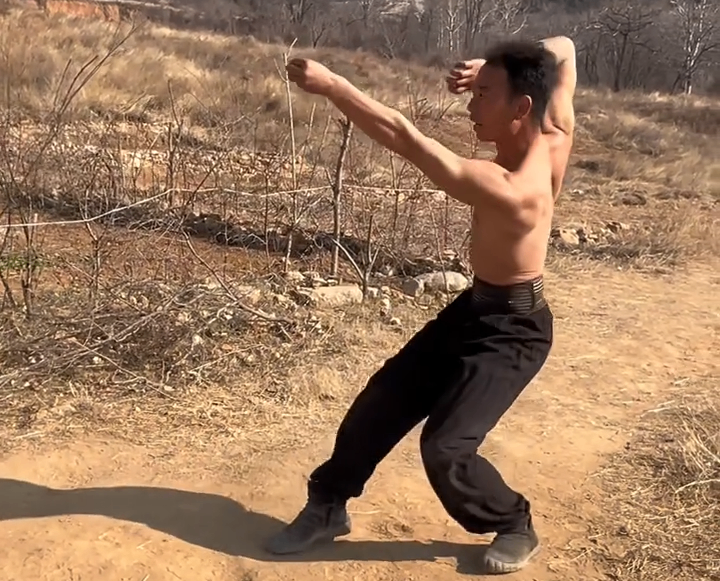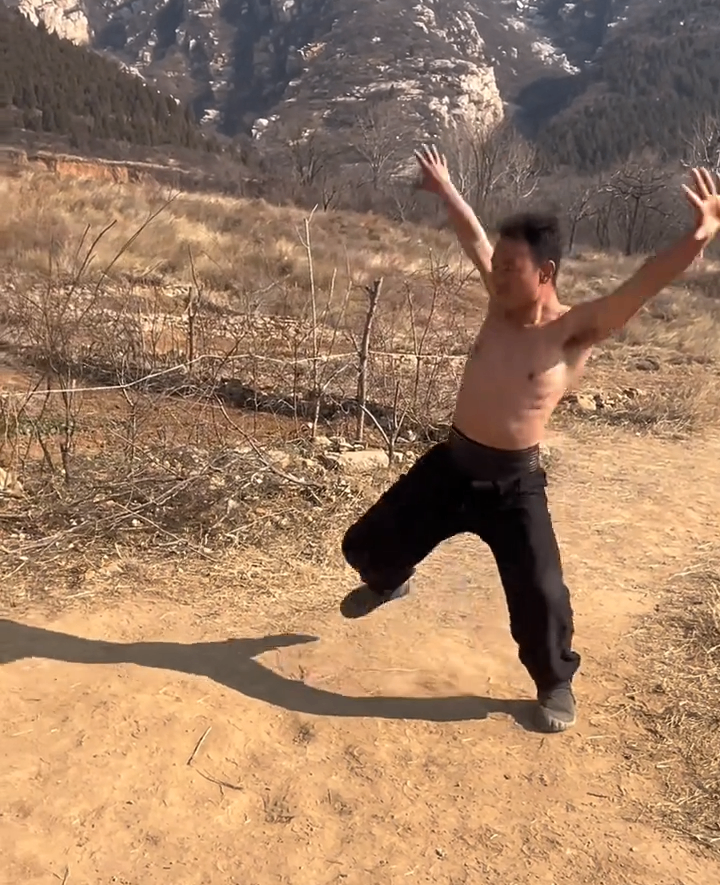Bak Mei (白眉, "White Eyebrow") is more than just a martial art—it is a deeply rooted philosophical system that emphasizes inner strength, balance, and harmony. Developed in Southern China during the 19th and early 20th centuries, Bak Mei has evolved into a comprehensive martial art that combines physical techniques with spiritual and mental discipline. At its core, the philosophy of Bak Mei is centered on the cultivation of energy (Chi), the mastery of self, and the pursuit of martial excellence. This article explores the key philosophical principles of Bak Mei and how they shape its practice and practitioners.
The Core Philosophy of Bak Mei
Bak Mei’s philosophy is built on the foundation of Chi cultivation and the integration of mind, body, and spirit. The style was heavily influenced by the teachings of Wong Fei Hung (黄飞鸿), a legendary martial artist who synthesized various martial arts styles into a practical and holistic system. Wong Fei Hung’s philosophy emphasized the importance of using martial arts for self-defense, social justice, and personal growth.
The philosophy of Bak Mei can be summarized in three key principles:
Balance and Harmony : Bak Mei teaches that true strength comes from balance—both physically and mentally. Practitioners are encouraged to cultivate inner calm and focus, even in the midst of chaos.
Efficiency and Precision : The style emphasizes the importance of minimal effort and maximum impact. Techniques are designed to be efficient, allowing practitioners to defend themselves without unnecessary exertion.
Respect and Humility : Bak Mei philosophy places a strong emphasis on respect for oneself and others. Practitioners are taught to use their skills responsibly and with humility, recognizing that martial arts are not just for combat but for personal development.

Chi Cultivation and Energy Flow
One of the most distinctive aspects of Bak Mei’s philosophy is its focus on Chi cultivation . Chi, or internal energy, is believed to flow through the body and govern its strength, health, and vitality. Bak Mei practitioners work to harness and direct this energy through breathing techniques, meditation, and specific martial arts exercises.
Breathing Techniques : Proper breathing is considered essential for Chi cultivation. Techniques like Tan Zi Kung (丹子功) are used to strengthen the connection between breath and movement, enhancing both physical and mental energy.
Internal Strength : Bak Mei emphasizes the development of Jing (勁), or internal power, which is generated through the cultivation of Chi. This power is not brute strength but a focused, explosive energy that can be unleashed in moments of need.
Mind-Body Connection : The philosophy of Bak Mei teaches that the mind and body are interconnected. By focusing on mental clarity and emotional balance, practitioners can achieve a state of heightened awareness and control over their movements.
Practical Application of Bak Mei Philosophy
The philosophy of Bak Mei is not just theoretical—it is meant to be applied in real-world situations. The style’s emphasis on practicality ensures that its principles are relevant to everyday life.
Self-Defense : Bak Mei’s techniques are designed for real-world self-defense, emphasizing quick, decisive strikes and efficient footwork. This practical approach reflects the philosophy of using minimal effort to achieve maximum effect.
Personal Growth : Beyond physical training, Bak Mei encourages practitioners to develop inner strength and resilience. The philosophy teaches that overcoming challenges, both on and off the battlefield, requires a calm and focused mind.
Community and Social Justice : Wong Fei Hung’s teachings also emphasized the importance of using martial arts for social good. Bak Mei philosophy encourages practitioners to stand up for justice and protect the weak, embodying the principles of courage and compassion.

The Role of Discipline in Bak Mei
Discipline is a cornerstone of Bak Mei’s philosophy. Practitioners are taught to approach their training with dedication, focus, and self-control. This discipline extends beyond the physical aspects of the art—it shapes the practitioner’s character and mindset.
Consistency : Bak Mei philosophy emphasizes the importance of consistent practice. Mastery of the art is not achieved overnight but through years of dedicated training.
Focus and Concentration : The ability to stay focused is crucial in Bak Mei. Practitioners are taught to concentrate their energy and thoughts, ensuring that every movement is deliberate and purposeful.
Resilience : Bak Mei philosophy encourages practitioners to embrace challenges as opportunities for growth. The art teaches that true strength is not just physical but mental and emotional.
Conclusion: The Timeless Wisdom of Bak Mei Philosophy
The philosophy of Bak Mei is a timeless wisdom that transcends the physical aspects of martial arts. It is a holistic system that emphasizes the cultivation of inner strength, balance, and harmony. Through the principles of Chi cultivation, practical self-defense, and personal growth, Bak Mei offers practitioners a path to both martial excellence and inner peace.
Whether you are drawn to Bak Mei for its explosive techniques or its deep philosophical roots, the art provides a wealth of benefits for the mind, body, and spirit. As you explore the philosophy of Bak Mei, remember that it is not just about learning to fight—it is about learning to live with strength, balance, and purpose.
If you’re interested in delving deeper into the philosophy of Bak Mei, consider exploring its history, training methods, and the teachings of its legendary founders. After all, martial arts is not just a physical practice—it is a journey of self-discovery and personal growth.
This article is optimized for SEO and keyword-rich content to help improve search engine rankings for terms like "Bak Mei philosophy," "Bak Mei martial arts," and "Bak Mei principles."

